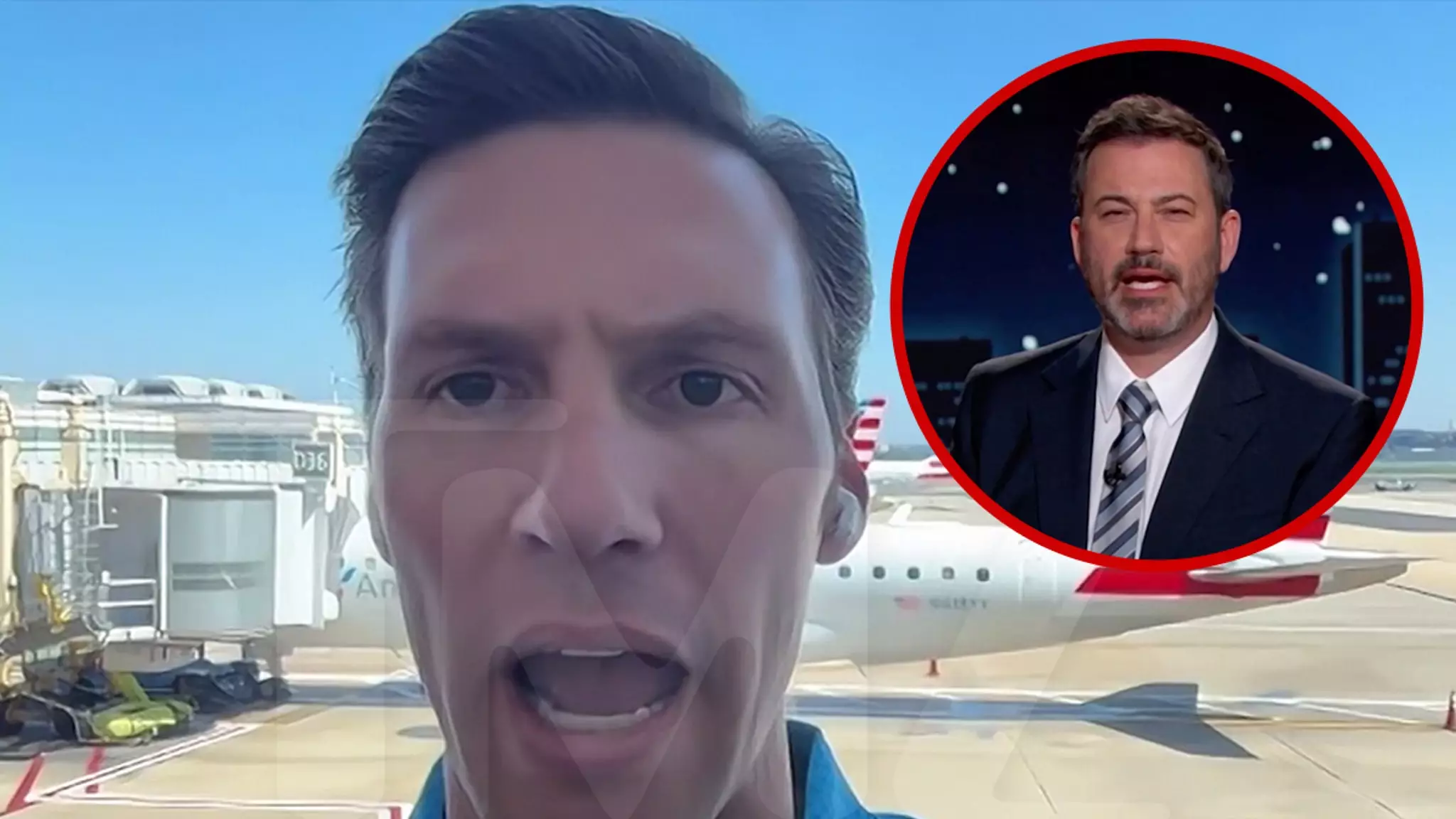The recent decision by ABC to suspend “Jimmy Kimmel Live!” has ignited a broader debate about the limits of free speech in the entertainment industry and the role of government agencies like the FCC in regulating content. While many argue that corporations should have the autonomy to enforce their standards, the involvement of federal regulators raises questions about censorship and the erosion of First Amendment rights. The incident underscores the perilous line between safeguarding society from provocative content and infringing upon the fundamental freedoms that underpin democratic societies. The core issue is not simply about whether a particular comment was appropriate but about how society manages the boundaries of acceptable discourse.
The criticism against FCC involvement reveals a fundamental misunderstanding of the constitutional protections for free speech. Politicians like North Carolina U.S. Rep. Pat Harrigan emphasize that government agencies should stay out of content decisions, asserting that such matters are best left to private companies. Harrigan rightly highlights that free expression is a constitutional right, cultivated through a vigilant defense of these principles. When regulators or networks act swiftly to suppress certain comments, it risks setting a dangerous precedent—one where government influence could extend into areas traditionally protected from censorship.
Responsibility vs. Censorship: The Ethical Dilemmas of Satire and Commentary
While protecting free speech is paramount, it does not come without responsibility. Jimmy Kimmel’s remarks about Charlie Kirk’s death touched a nerve, eliciting public outrage and political criticism. Nonetheless, how society responds to such statements is telling of our collective values. Should entertainers wield the power to influence public opinion, they must do so with a sense of responsibility. A free society demands that speech, particularly when aired publicly, is accompanied by an understanding that words can carry weight and consequence.
This incident also exposes the often-overlooked disparity in public response and media coverage toward different political figures. Supporters of former President Donald Trump, for example, perceive a distinct level of vitriol directed at him compared to other presidents. Such perceptions reinforce the idea that free speech is often unevenly applied, depending on political affiliation and cultural context. Rhetoric becomes a battlefield where the principles of free expression are challenged—either to protect voices or silence dissent, depending on who is speaking.
The Power of Media and Public Influence in Shaping Norms
The role of the media in shaping societal norms is undeniable. Hosts like Jimmy Kimmel and his peers in late-night comedy form a vital part of the cultural conversation, often serving as both satirists and commentators. Their influence extends beyond entertainment into the realm of political discourse. When a network swiftly pulls the plug over controversial comments, it signals a shift in what is deemed acceptable, often driven by external pressures like FCC scrutiny or public outrage.
However, the question remains: should the government be the arbiter of what’s acceptable? The answer leans toward a resounding no. Democratic societies thrive on vibrant dialogue—challenging, provocative, and sometimes uncomfortable. Suppressing dissent or controversial opinions risks creating a chilling effect, where conversations are limited to only those views deemed “safe.” As viewers and citizens, we must challenge ourselves to discern between genuine harmful speech and open debate, understanding that the true strength of our freedom lies in its resilience through adversity.

